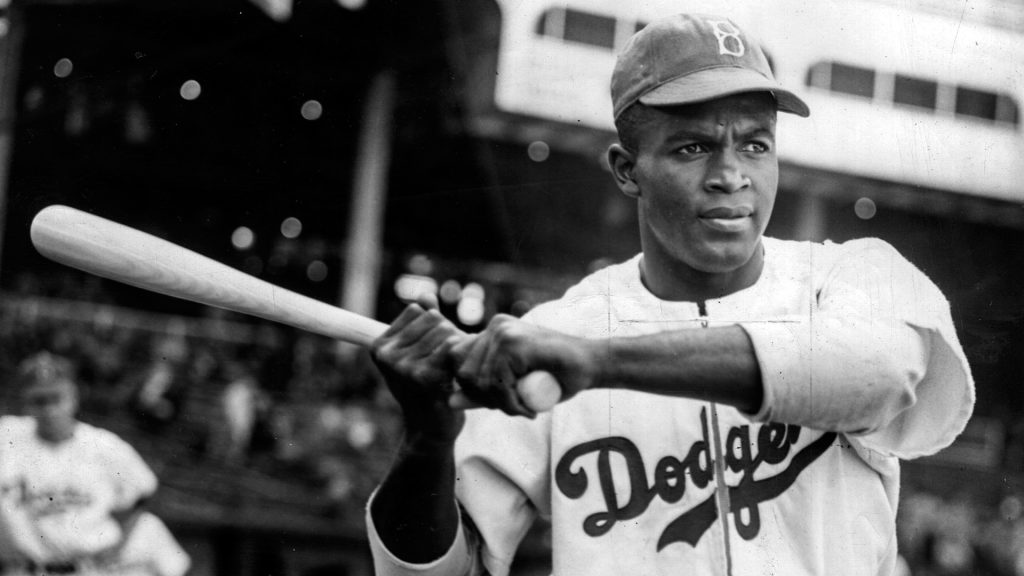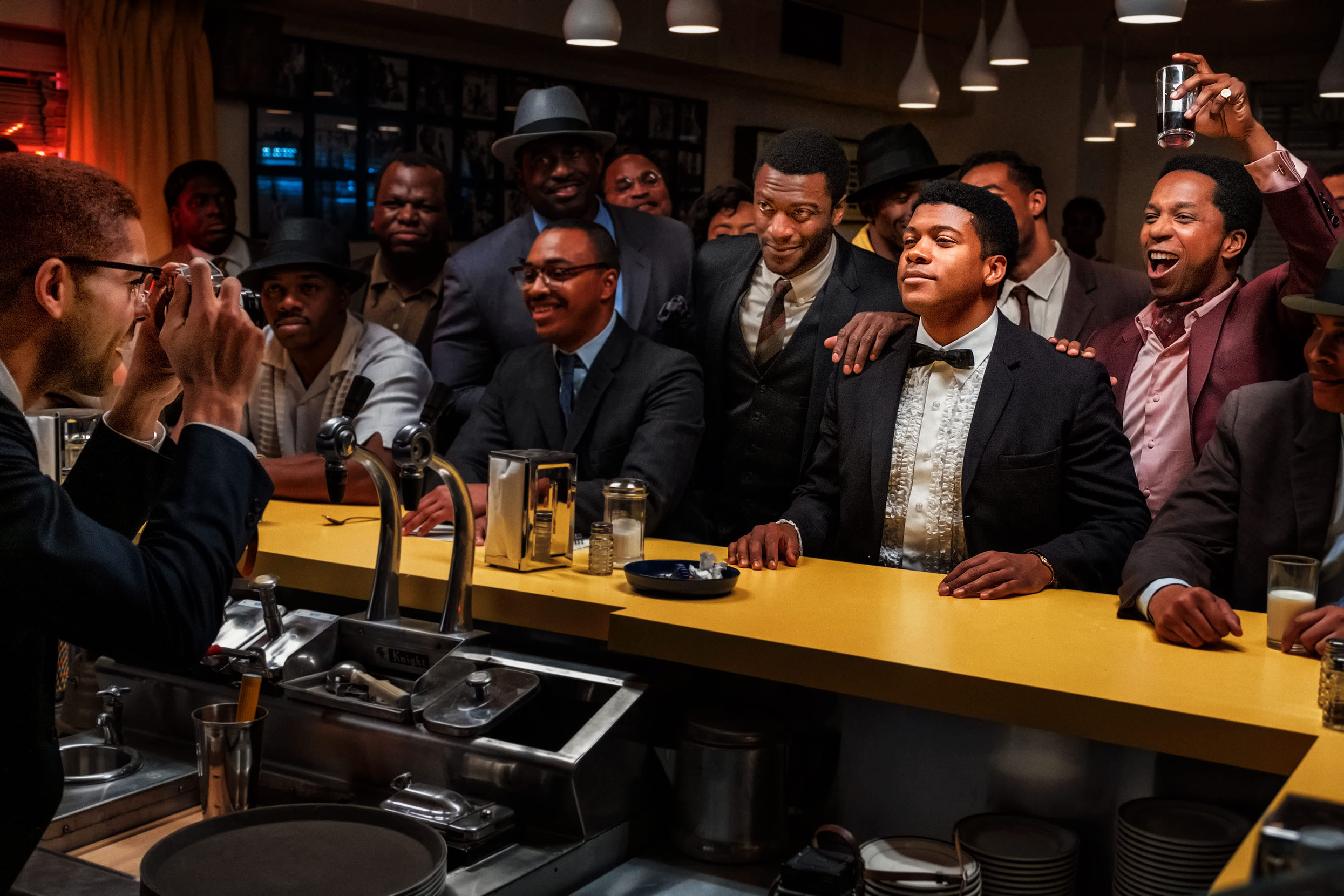Celebrating the legacy of Jackie Robinson
With the celebration of Black History month, it is important to recognize the people that paved the way for athletes everywhere to be able to follow their dreams.
Sports fans everywhere recognize the name and importance of Jackie Robinson. He not only had an impact on the game of baseball, but on society as a whole. His impact is still recognized today by sports figures everywhere and his story is one that needs to continue to be told.
Robinson was born on Jan. 31, 1919 in Cairo, Georgia where he was the youngest of five children. It was his older brothers, Mack — who was a silver medalist at the 1936 Olympics — and Frank, who inspired Jackie to pursue athletics.
In high school, Robinson earned a varsity letter in football, basketball, track and baseball. In baseball, he earned a spot to play alongside future hall of farmers Ted Williams and Bob Lemon in the annual Pomona baseball all-star tournament.
Following high school, Robinson went on to enroll at Pasadena Junior College where he continued to compete in athletics. In baseball, he was named to the All-Southland Junior College Team and was selected as the region’s MVP.
His performance at PJC allowed him to enroll at UCLA where he became the school’s first athlete to win varsity letters in four sports. He was one of only four black players on UCLA’s 1939 football team which made them college football’s most integrated team at the time.
After a stint in the military, the Kansas City Monarchs of the negro league sent him an offer to play for them and Robinson accepted. The contract was for $400 per month and his performance landed him a spot in the 1945 East-West All-Star game.
After this, Robinson would pursue opportunities to play in the major league where no black players had played since 1884. He eventually received a tryout with the Boston Red Sox but quickly realized that it was merely a publicity stunt and the Red Sox had no intention to actually sign him to a contract.
However, later that year Brooklyn Dodgers president and general manager Branch Rickey signed Robinson. He was first assigned to the minor leagues to play with the Montreal Royals where he faced racial issues immediately. When Royals manager Clay Hopper asked Rickey to assign Robinson to any other club besides his own, Rickey refused. Spring training took place in heavily segregated Florida where Robinson was not allowed to stay in the team hotel with his teammates.
In 1947, Robinson was finally called up to the majors. Officially breaking the league’s color barrier by becoming the first black player to play in a game since 1884, he went on to win the first ever rookie of the league award for his performance. This brought mixed reviews in a time of heavy racial tension when there were talks in the Dodgers’ clubhouse regarding players who would rather sit out than play alongside Robinson who was also known to receive hate from other teams and would hear constant racial slurs from dugouts.
However, Robinson received encouragement from several other major league players, including his teammate Pee Wee Reese who famously put his arm around Robinson during a game while fans were shouting racial slurs at him. This sign of unity and support is one of the moments that would continue the integration of major league baseball and give encouragement to black athletes everywhere. Racial tension continued to ease when several more players broke the color barrier in 1947.
Robinson retired in 1956 and finished with a total of 1518 hits and 197 stolen bases. Obviously, Robinson’s legacy goes much farther than the baseball field where he was one of the pioneers and motivators of the future civil rights movement. Martin Luther King Jr. mentioned the importance of Robinson in stating he was “a legend and a symbol in his own time,” and that he “challenged the dark skies of intolerance and frustration.”
Today, Robinsons’s legacy is remembered in many different ways, including the retirement of his number 42 throughout all of Major League Baseball so no player will ever be allowed to don it again. The only exception being April 15, or annual Jackie Robinson day, when every player wears 42 to honor his legacy.
The story of Jackie Robinson is one that must be continued to be told. The adversity he faced in a time of hate and the strength he showed is something to be looked greatly upon for future generations.



